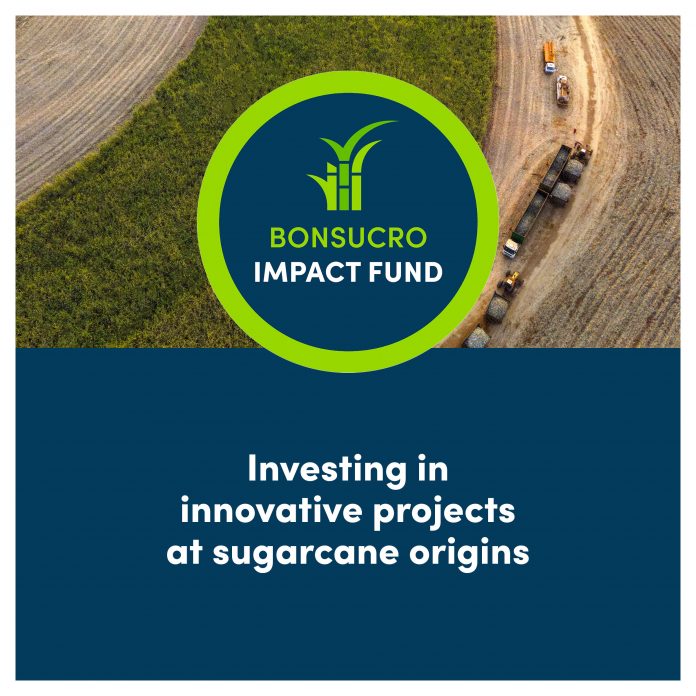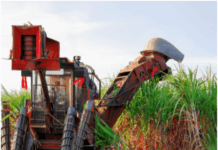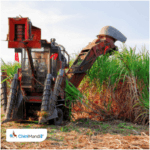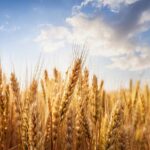Bonsucro, the leading global sustainability platform for sugarcane, has launched a new Impact Fund to address critical sustainability challenges in the sugarcane sector. The fund will support collaborative, innovative projects that catalyse sustainable sugarcane production.
The Bonsucro Impact Fund makes grants using income from the sale of Bonsucro Credits. All trades are charged a transaction fee, around 50% of which is invested into the Bonsucro Impact Fund. Some of Bonsucro’s most well-known buyer members such as PepsiCo, Unilever, General Mills, Barry Callebaut, and the Hershey Company among others, have purchased Bonsucro Credits since the digital platform launched in 2019.
From today, Bonsucro members are invited to apply for grants for projects on:
• Innovating sustainability in smallholder sugarcane farming
• Building innovative approaches to reduce greenhouse gas emissions or
• Improving water stewardship in sugarcane farming and milling.
In the coming months, Bonsucro will make two additional grants available on the theme of human rights and decent work in the sector.
The grant themes all align with Bonsucro’s 2021-26 strategic plan. They will promote partnerships and collective action across the sugarcane value chain and drive impact in local sugarcane growing communities. Projects also need to have the potential for scale.
Bonsucro’s CEO, Danielle Morley, said “The Bonsucro Impact Fund allows us to get behind our members on topics that really matter to us. I believe the Fund will help drive impact on the ground at key sugarcane origins. By using money from our Credit Trading Platform, we are creating a bigger incentive for brands to buy sustainable sugarcane and its derivatives.”
For more information write to Liz Foggitt – Communications and Events Manager on
liz@bonsucro.com
About Bonsucro
Bonsucro is the global sustainability platform for sugarcane, one of the world’s most important crops. Its purpose is to collectively accelerate the sustainable production and uses of sugarcane – for farmers, millers, buyers, and end users. It convenes its members and other partners to address critical challenges in the sugarcane sector, and drive performance and impact through its system of sustainability standards for sugarcane.
Bonsucro works across all sugarcane products and derivatives – sugar, ethanol, molasses, and bagasse. It also works across both traditional and newer market sectors, from sugar and alcohol to biofuels and bioplastics.
Bonsucro manages a community of more than 280 members in over 50 countries from across the sugarcane supply chain, representing 27% of production and 20% of buyers – from farmers and millers to traders and end users.
Bonsucro is ISEAL Code Compliant. Its system has been independently evaluated against ISEAL’s Codes of Good Practice– a globally-recognised framework for effective, credible sustainability systems. Click here for more information
Notes
Smallholder farmers
It is estimated that over 100 million people across the world make their living from sugarcane cultivation and processing. Many of these are smallholder farmers who form the backbone of the industry in some countries. For example, in Thailand, 70% of cane production is on farms of less than 10 hectares. However, smallholder farmers fact significant challenges including adapting to climate change, soil degradation, unsustainable water use, child labour, and a lack of collaboration with millers.
Climate
Sugarcane is grown in more than 110 countries around the world and regardless of where it is produced, it is considered a “high impact” crop – it generates significant positive and negative environmental and socio-economic impacts. Sugarcane has a large carbon footprint – it is estimated that the sugarcane value chain generates around 400 million tons of CO2 equivalent per year. This is roughly the same number of emissions that a middle-income country like South Africa produces. While the sugarcane sector contributes to climate change, it is also vulnerable to the impacts of climate change. In recent years, global heating due to the climate emergency has increased the frequency and severity of droughts and floods, negatively affecting growing conditions for sugarcane farmers.












